Demirtaş says he can’t be involved in peace process while in prison
Jailed Kurdish politician Selahattin Demirtaş has stated that he would want to play a role in a possible peace process but he could not “as long as he is in prison.”
Duvar English
Jailed former co-chair of the Peoples’ Democratic Party (HDP) Selahattin Demirtaş has stated that he cannot play an active role in a possible peace process “as long as he is in prison.”
At the prison, Demirtaş met with lawyers Sıdkı Zilan and Mahmud Koyuncu on Nov. 17, Kurdish news outlet Rudaw reported.
Accordingly, Demirtaş said no state or government official contacted him after the government’s seeming reconciliation efforts regarding the Kurdish issue.
“Demirtaş is ready to support the process. I got the impression that he wants to convey the message that he needs to be released to (play a role in) the process,” Zilan said.
Demirtaş has been in prison since 2016. Most recently, he received a 42-year prison sentence in the Kobanê case.
The European Court of Human Rights (ECHR) ruled that he was imprisoned on political grounds and should be released immediately.
Moreover, Demirtaş told the lawyers, “Reconciliation between the state and the PKK will not solve the problem. All layers of society must be included in the process. If the process does not proceed in this way, social peace cannot be achieved. The solution is achieved by making Kurds a partner of the state”
At the start of October, government figures, including President Recep Tayyip Erdoğan and his ally Nationalist Movement Party (MHP) started making seeming efforts regarding the Kurdish issue.
In one of the surprising moves, Bahçeli, who previously called for the closure of the DEM Party on several occasions, invited jailed PKK leader Abdullah Öcalan to announce the dissolution of the PKK at the Parliament in a surprising.
The PKK launched its first attack in 1984 and the 1990s saw intense conflict between the PKK and Turkish Military especially in the country's southeastern region. Recep Tayyip Erdoğan's government started to take steps regarding the Kurdish question in 2009 and initiated a "peace process" between 2013 and 2015 with the armed organization.
Nonetheless, the peace process failed in 2015 and an intense armed conflict erupted in southeastern Turkey until 2016. Dozens of civilians died and many cities were demolished during the period.

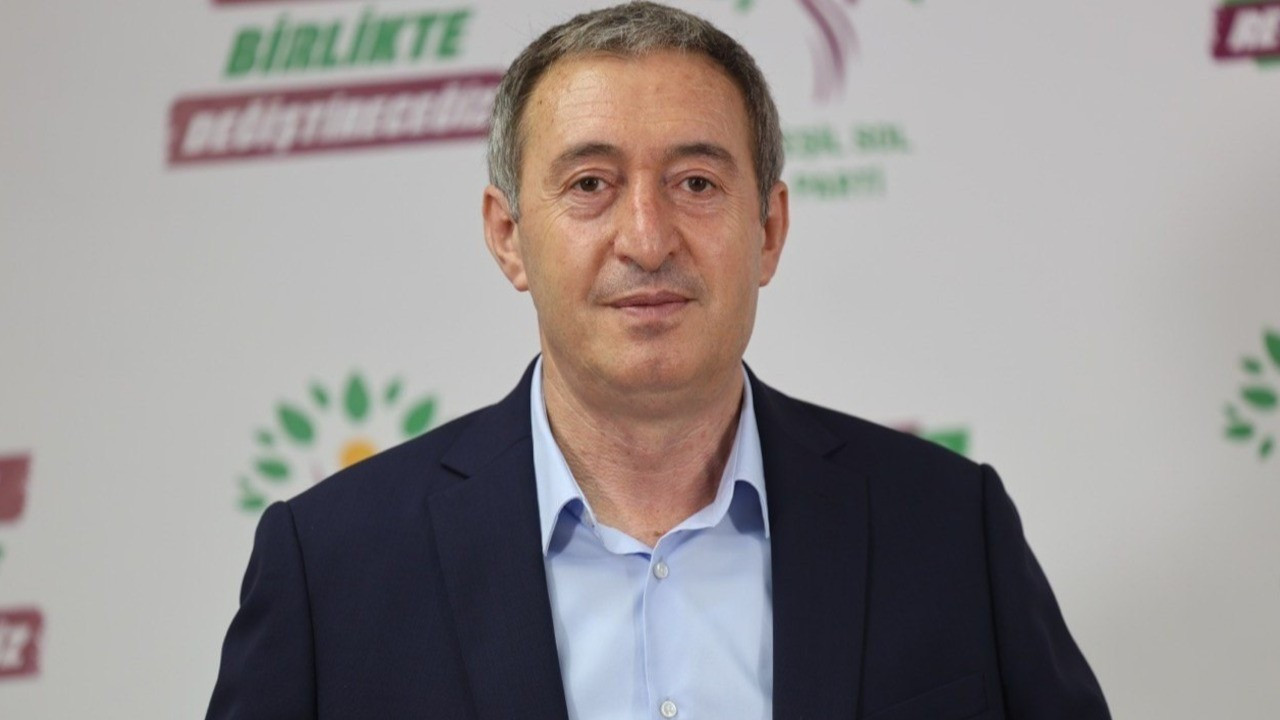 DEM Party co-chair urges peace talks with jailed PKK leader Öcalan on Kurdish issuePolitics
DEM Party co-chair urges peace talks with jailed PKK leader Öcalan on Kurdish issuePolitics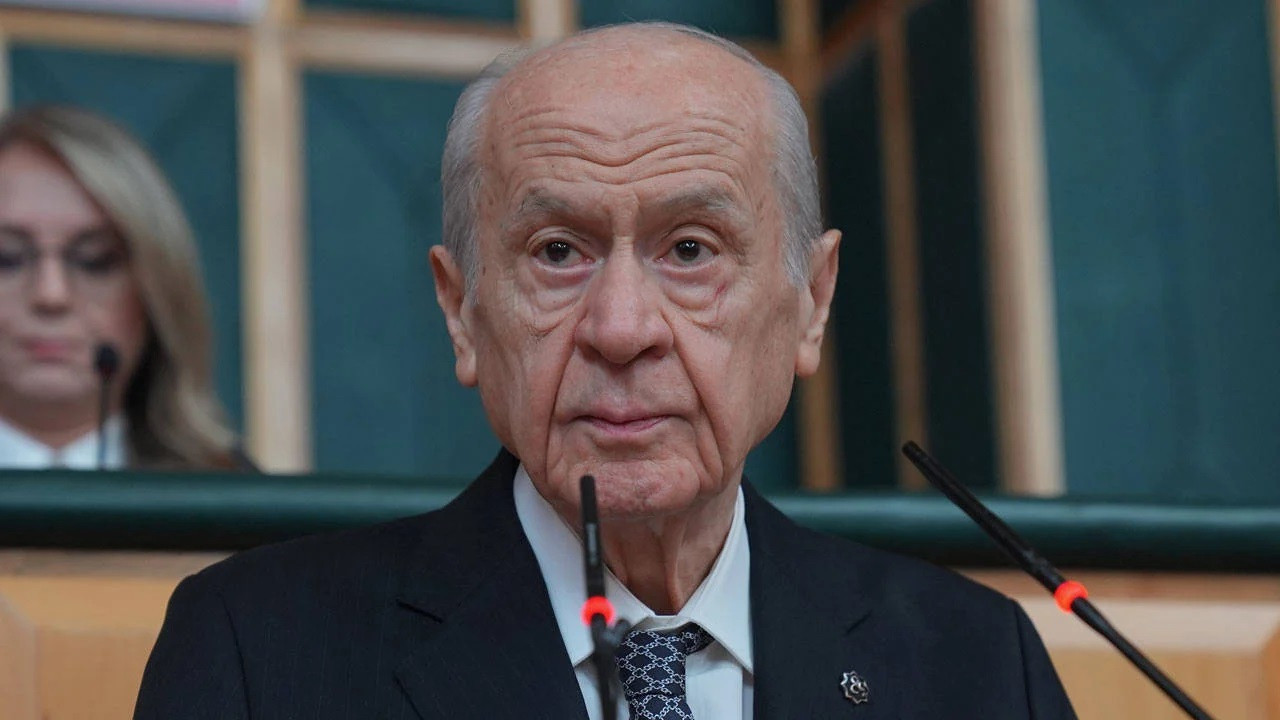 MHP leader Bahçeli denies rumors of rift, says he has ‘unshakable bond’ with ErdoğanPolitics
MHP leader Bahçeli denies rumors of rift, says he has ‘unshakable bond’ with ErdoğanPolitics Demirtaş: Turkey should visit Öcalan for peaceHuman Rights
Demirtaş: Turkey should visit Öcalan for peaceHuman Rights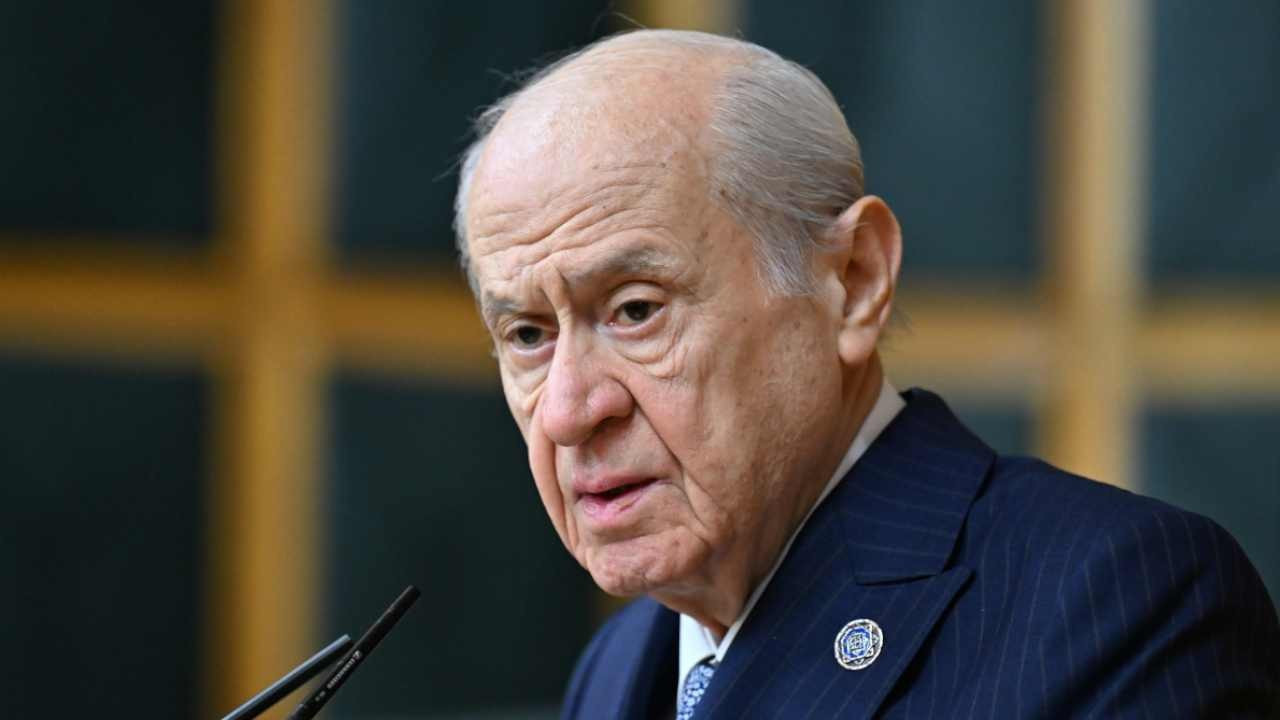 Bahçeli invites PKK leader Öcalan to parliament to ‘end terrorism,’ hints at his potential release from prisonPolitics
Bahçeli invites PKK leader Öcalan to parliament to ‘end terrorism,’ hints at his potential release from prisonPolitics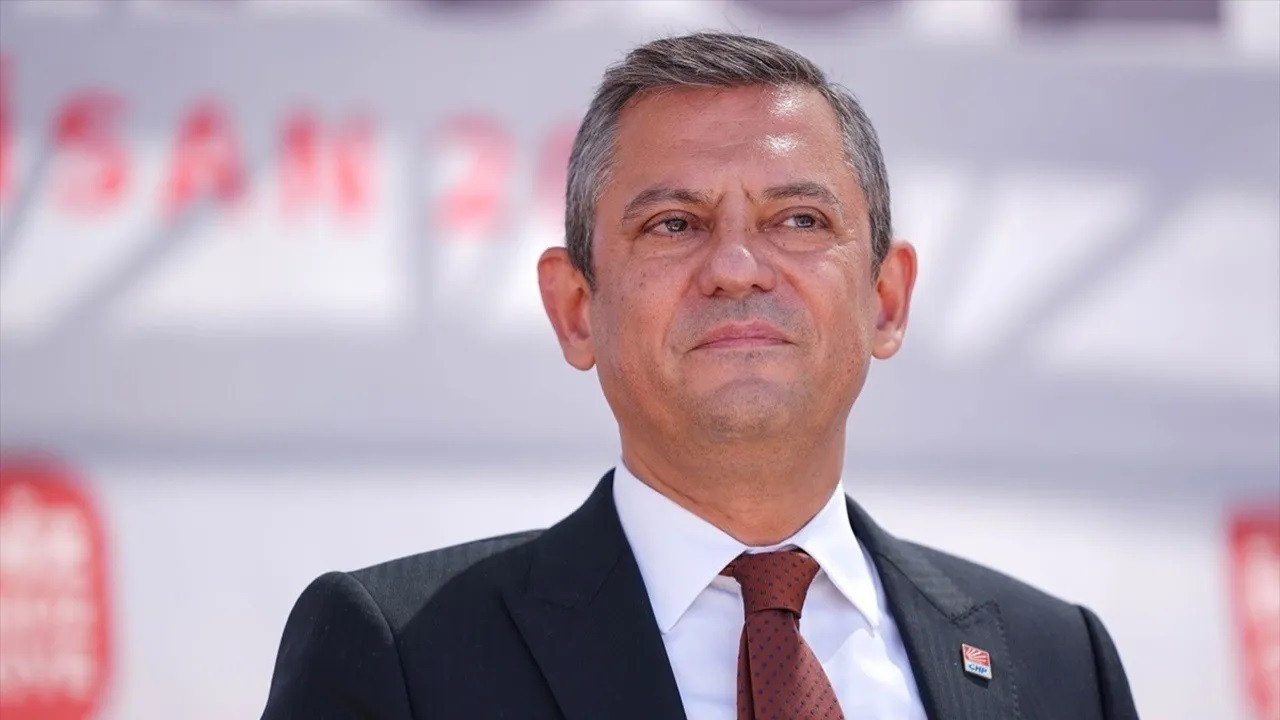 CHP head Özel: 'Denying the Kurdish issue would set the country back 50 years'Politics
CHP head Özel: 'Denying the Kurdish issue would set the country back 50 years'Politics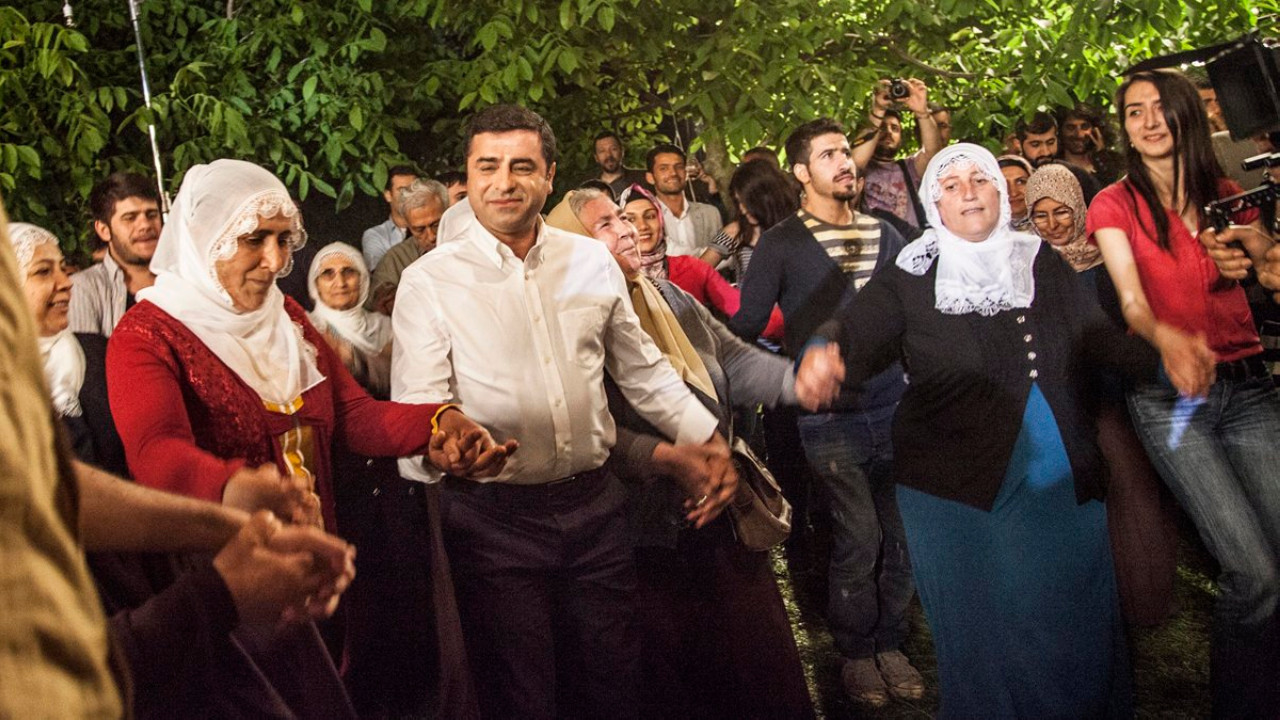 Selahattin Demirtaş explains 'Kurdish question for beginners'Politics
Selahattin Demirtaş explains 'Kurdish question for beginners'Politics